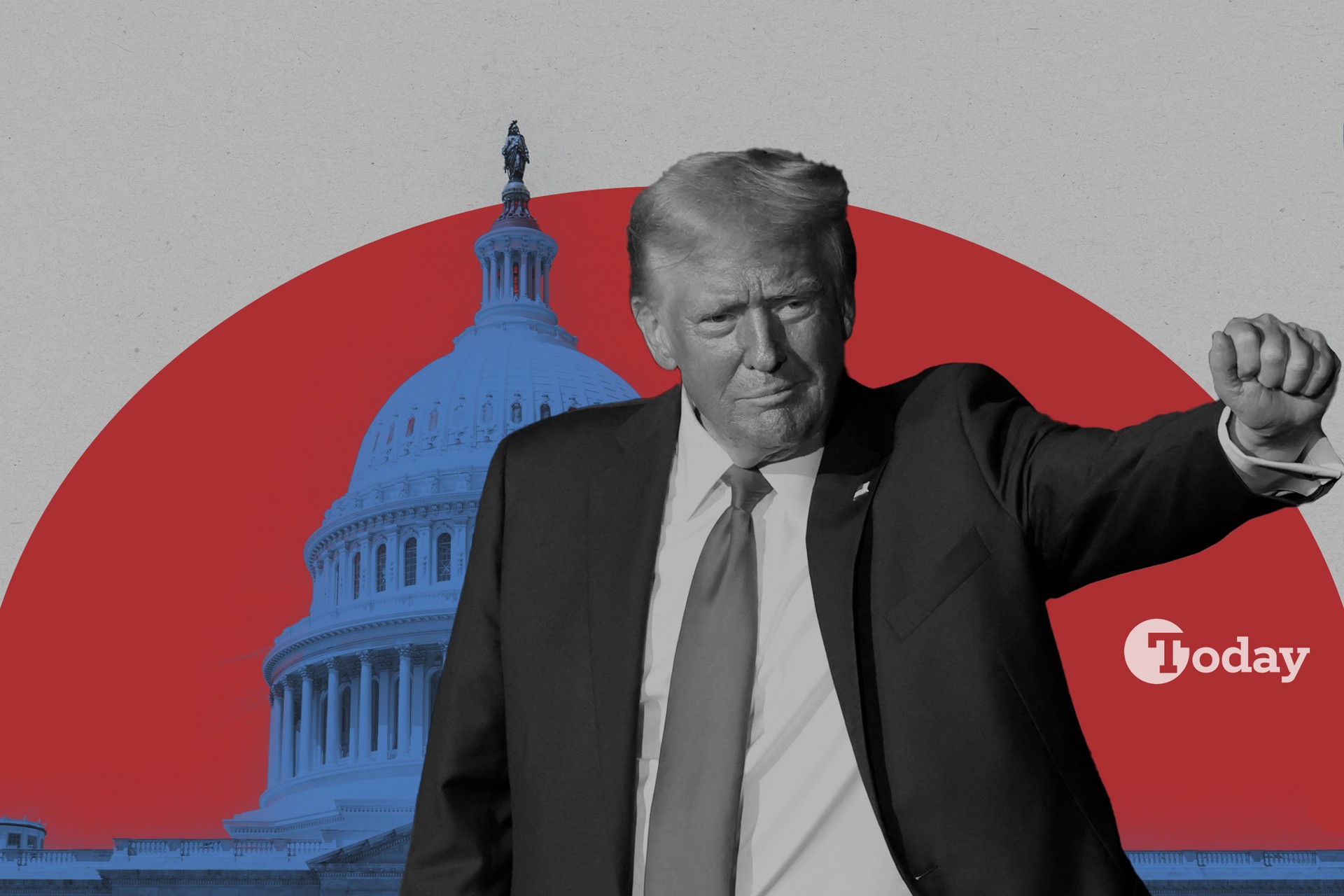
On November 5, 2024, Americans faced a tense election environment as bomb threats, fraud claims, and protests created disruptions across several key states.
Security concerns and misinformation dominated the day, although officials reported that voting proceeded with limited interference overall.
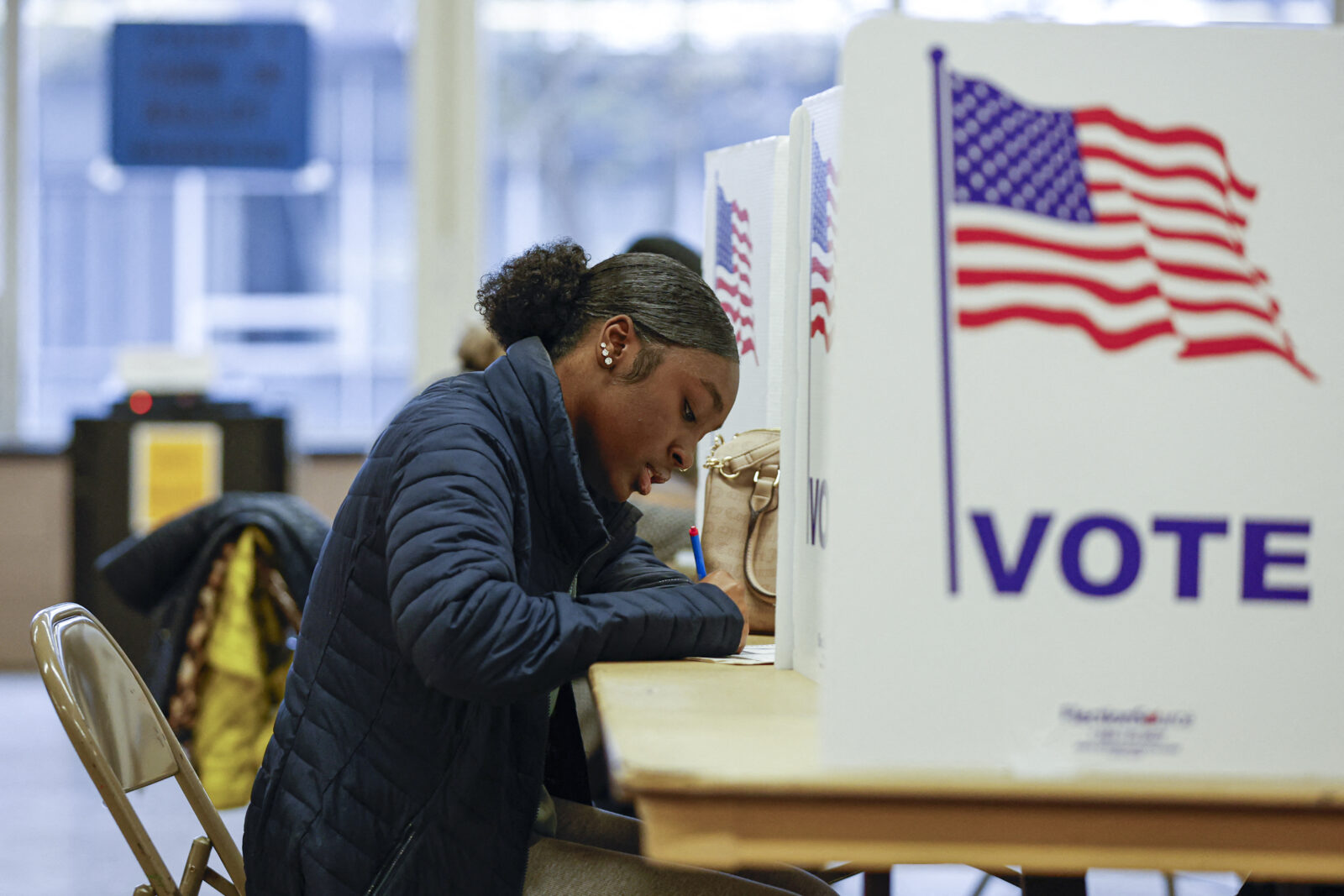
On election day, several bomb threats targeted polling places in key battleground states, causing temporary evacuations and delays.
The FBI noted that many of these threats appeared to originate from Russian email domains, raising concerns about potential foreign interference. Authorities across the states acted swiftly to address the security concerns by securing polling sites and, in some cases, extending voting hours to accommodate the delays.
Despite the security concerns and disruptions, voting proceeded smoothly across these states, with local officials ensuring that none of the threats impacted the integrity of the election process.
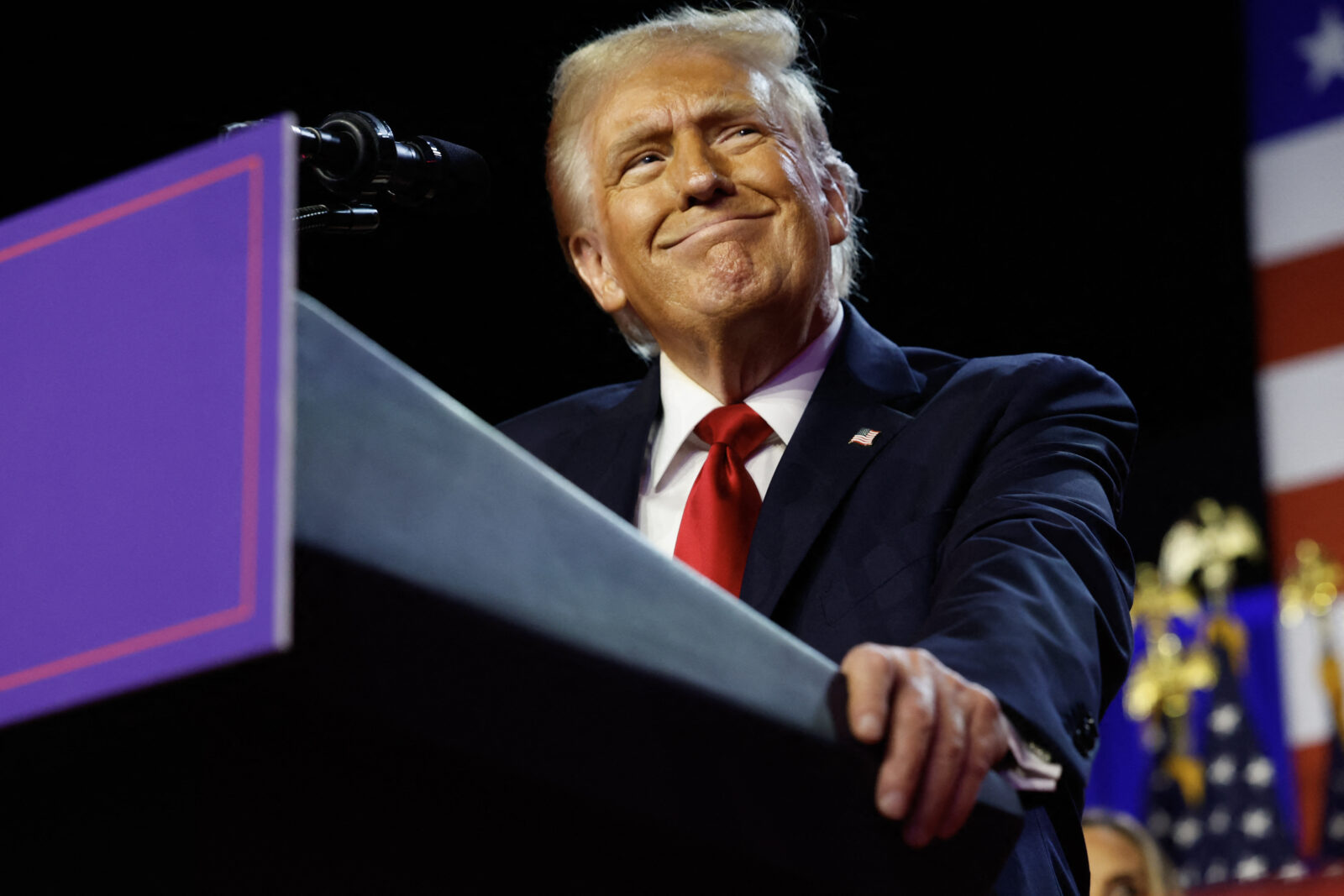
Donald Trump, the Republican candidate, repeatedly claimed on Truth Social that there was "massive cheating" in Philadelphia and Detroit, echoing rhetoric from 2020.
Philadelphia District Attorney Larry Krasner rejected these allegations, calling them "wild" and "baseless." Krasner stated, "If Donald J. Trump has any facts to support his wild allegations, we want them now."
Detroit officials faced similar allegations from Trump. Michigan Secretary of State Jocelyn Benson clarified that no special law enforcement presence had been deployed to polling sites, directly refuting Trump's claims.
Social media platforms were filled with misinformation throughout Election Day. False posts alleged that Philadelphia would not complete its vote count on time, and a related rumor claimed voting machines in Milwaukee were unlocked.
In Milwaukee, election officials confirmed they re-verified and recounted ballots to maintain transparency. "The issue posed no threat to the vote count," said Jeff Fleming, a city spokesperson.
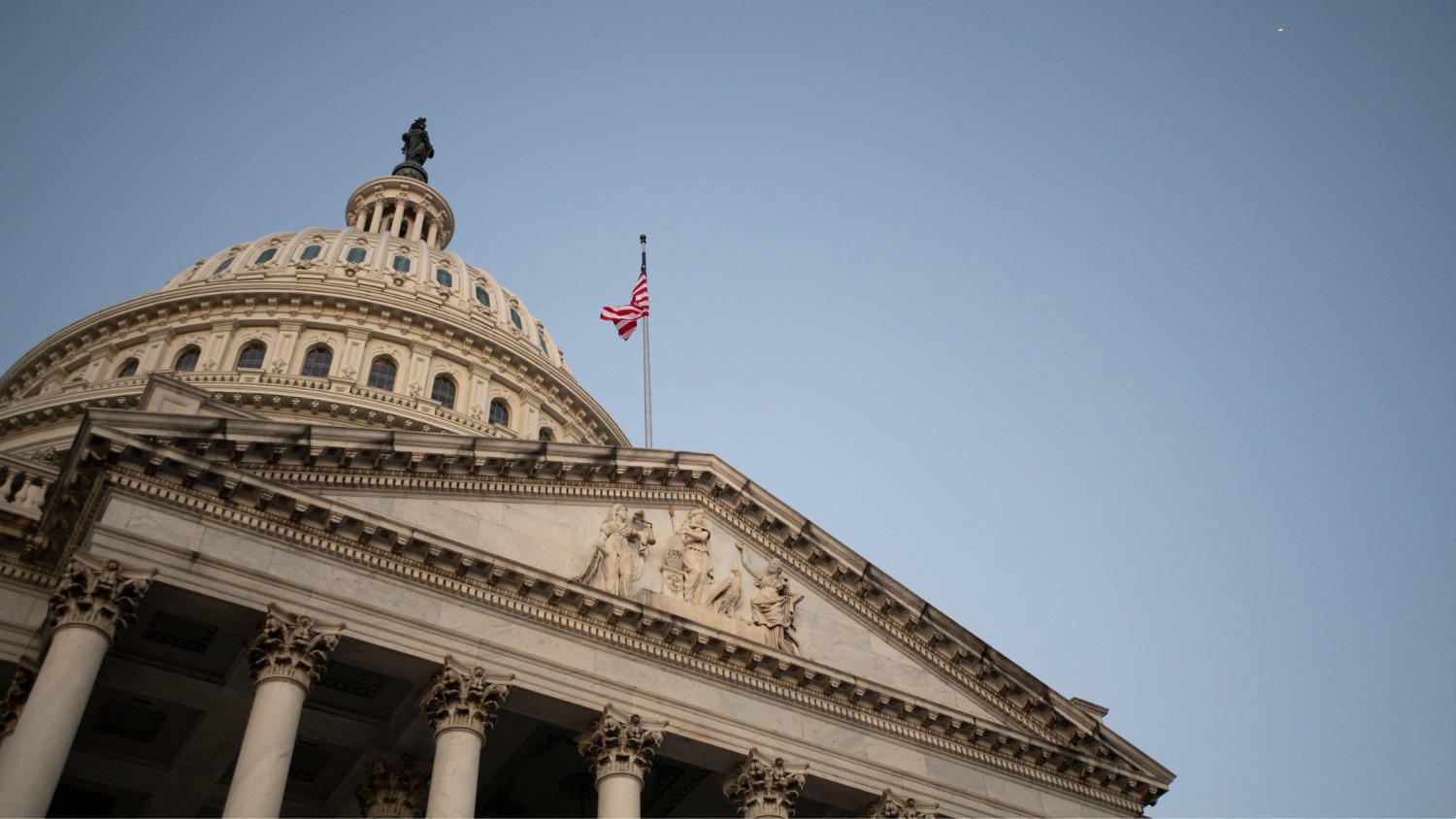
In Philadelphia, some conservative activists monitored polling stations, attempting to document voting machine details.
Authorities implemented strict security protocols at polling sites, including the use of panic buttons and barriers, to prevent disruptions.
Bucks County resident Eleanor Boyle, 77, voiced her security concerns, saying, "I'm very worried that there could be violence," recalling the Capitol riot on January 6, 2021. Despite her apprehensions, Boyle maintained confidence in Pennsylvania's election process.
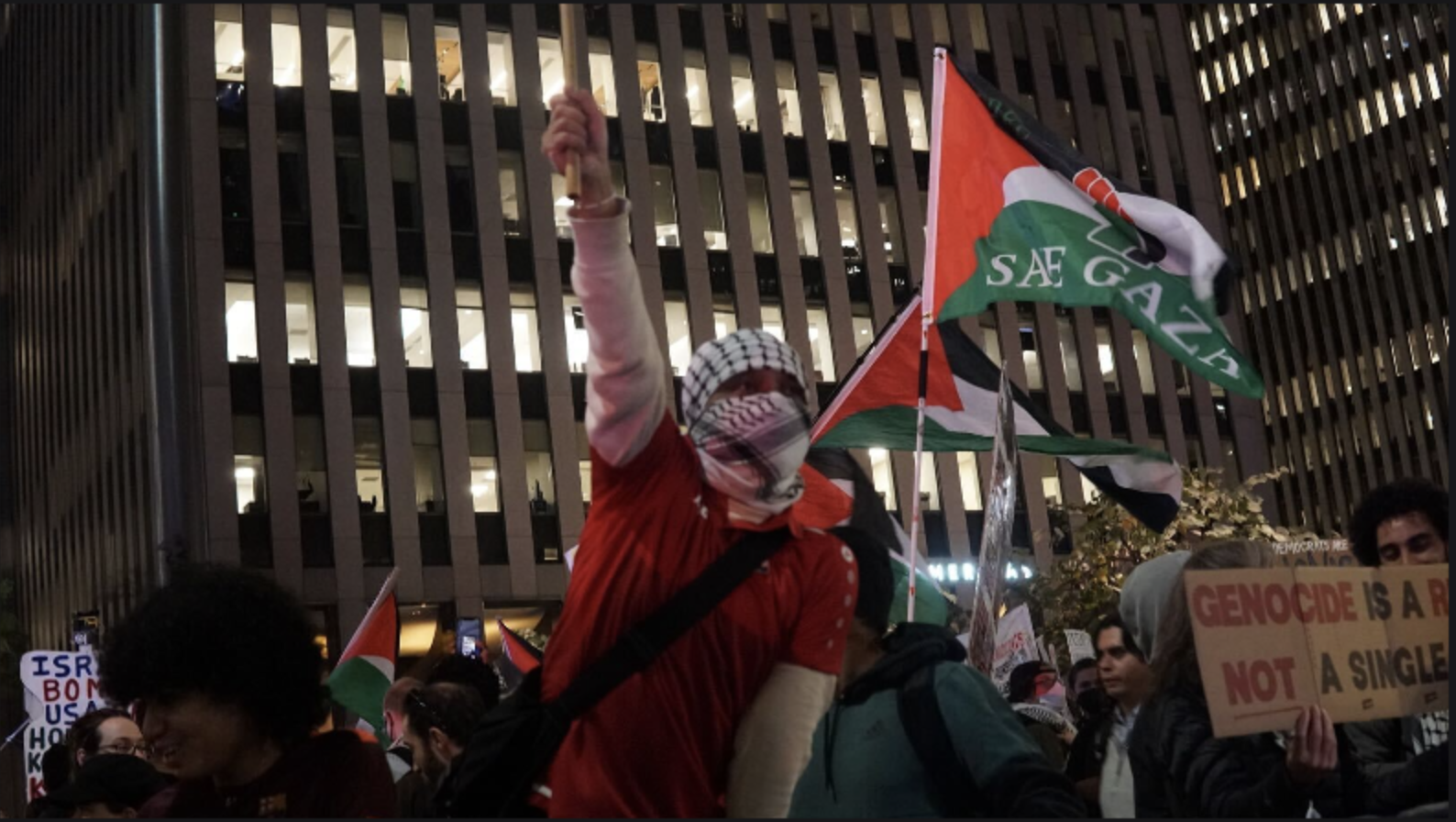
Hundreds of protesters gathered in Midtown Manhattan on election night, voicing discontent with both major parties in the presidential race.
The demonstration, organized by pro-Palestinian activists, sought to draw attention to U.S. foreign policy and ongoing conflicts abroad, particularly in Gaza and the West Bank. Here are the key points of the night:
The protest reflected a deep-seated dissatisfaction among certain voter groups, who see both parties as aligned with foreign policy issues.
Organizers emphasized that they wanted to make their voices heard on election night, challenging both candidates to recognize the impact of U.S. actions abroad.
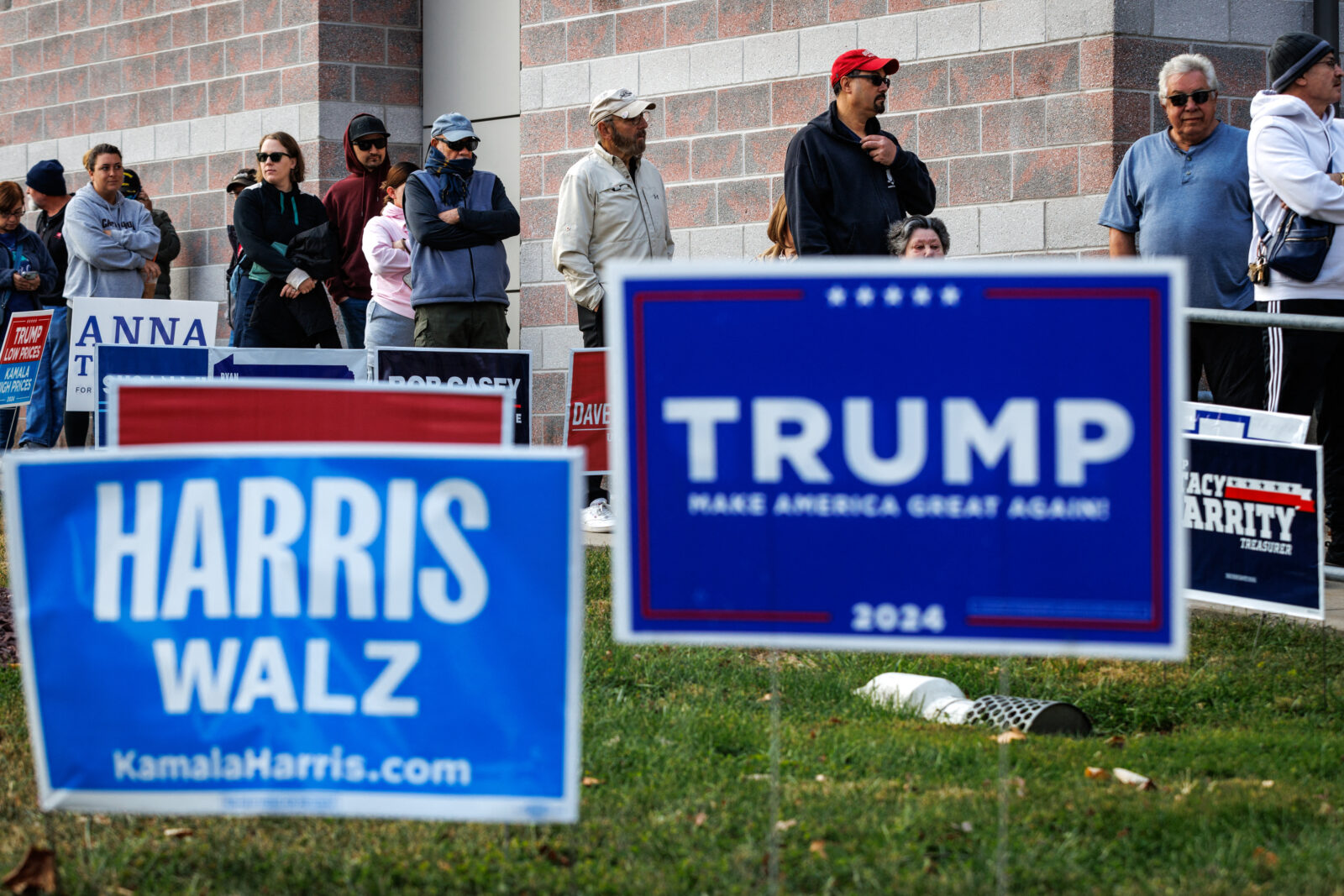
With the election nearing completion, officials anticipate further challenges and security concerns as the certification process and inauguration day approach.
Capitol Police released a report noting heightened concerns over potential violence during the certification of electoral votes in January. The report cites an increase in inflammatory rhetoric on social media, raising the risk of politically motivated violence.
Capitol Police expect large demonstrations targeting both the certification and inauguration processes. They also warn that some groups, regardless of the election outcome, may attempt to disrupt these events.
The Cybersecurity and Infrastructure Security Agency (CISA) reported no significant incidents affecting election infrastructure but cautioned that foreign disinformation efforts might continue post-election.